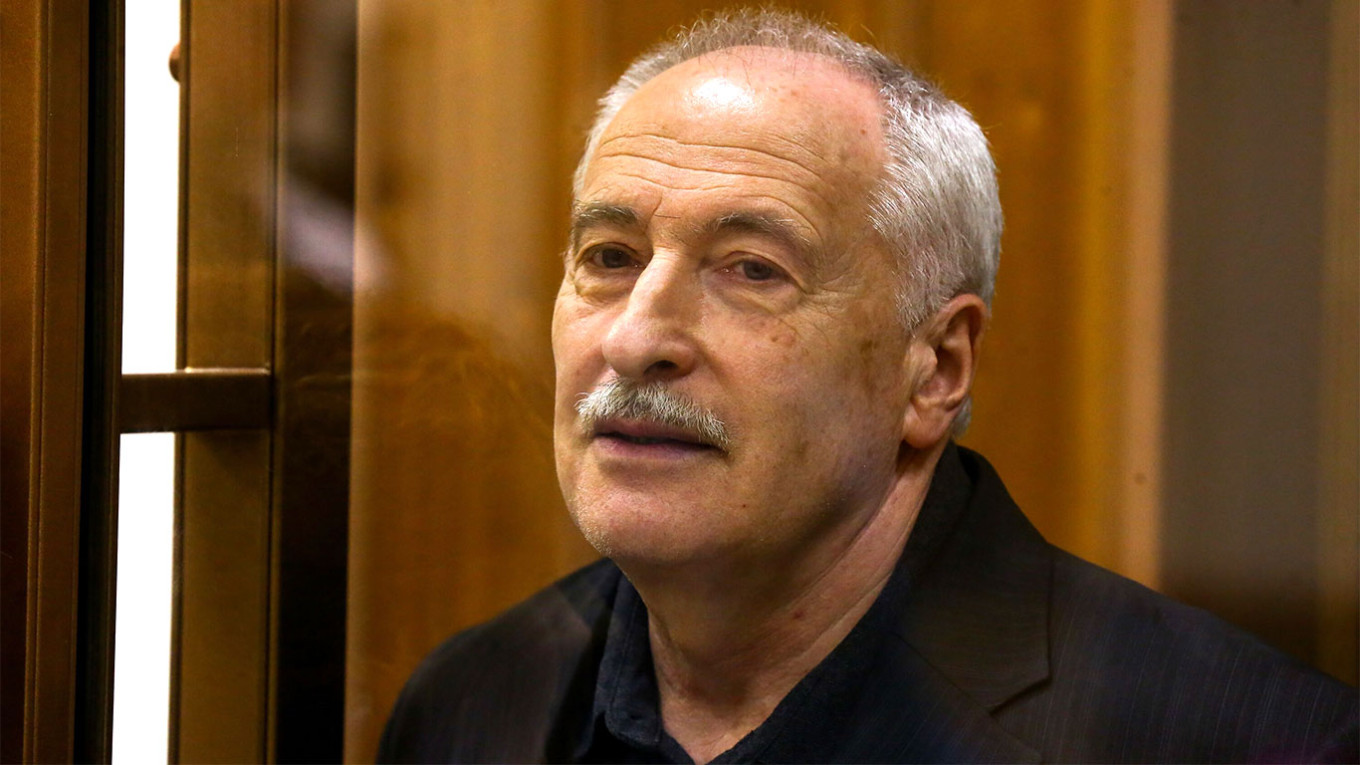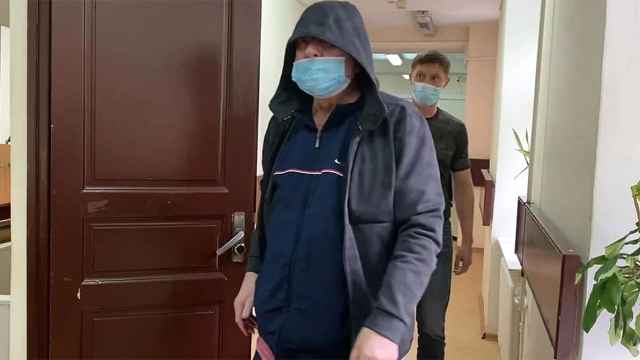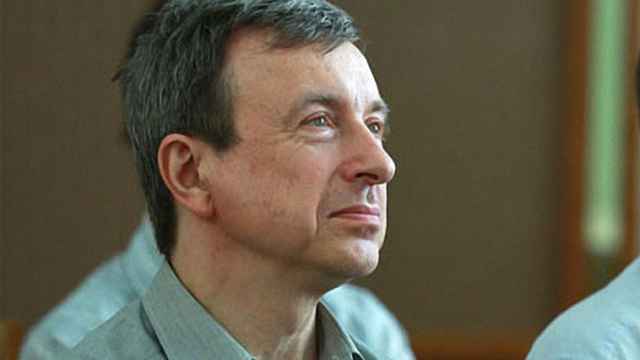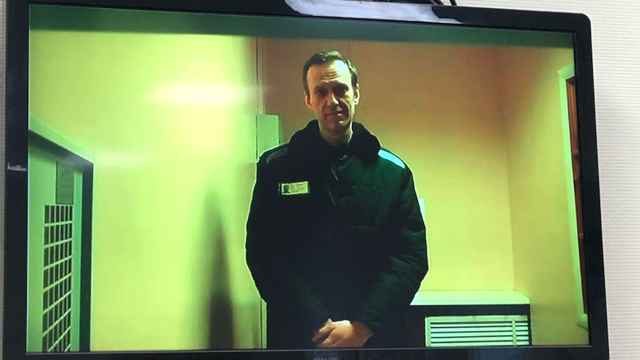A Moscow court has sentenced a Russian aerospace scientist to 12 years in prison on charges of treason linked to his participation in a multinational high-speed flight project, media reported Monday.
Valery Golubkin, 71, was detained in April 2021 on suspicion of passing state secrets to a NATO country that was not identified at the time.
The Moscow City Court found Golubkin guilty of high treason and handed him a 12-year sentence in a maximum-security penal colony, according to the independent news website Mediazona.
Prosecutors last week requested a 12-year prison sentence for Golubkin.
The more than two years that Golubkin spent in pre-trial detention will count toward his sentence, Mediazona reported.
Golubkin, a professor at the Moscow Institute of Physics and Technology (MIPT), has denied the charges against him.
Golubkin’s treason case surrounds claims that, together with his Central Aerohydrodynamic Institute (TsAGI) boss Anatoly Gubanov, he had shared secret hypersonic development materials as part of a collaboration with the EU on the world’s first civil hypersonic airliner, the HEXAFLY-INT.
The Moscow City Court provided “models of hypersonic vehicles and the business card” of Johan Steelant, a European Space Agency senior project engineer, as evidence against Golubkin, according to Mediazona.
The court will hold on to the models and the card until a verdict is handed down against Gubanov, the outlet added.
Gubanov is listed alongside Steelant as one of several authors of a 2019 HEXAFLY-INT research paper.
Russian prosecutors accuse Golubkin and Gubanov of passing state secrets to Dutch colleagues contained within two reports on HEXAFLY-INT, according to Russia’s legal rights group Perviy Otdel.
“That’s not so: three [Russian] commissions at once had confirmed that there were no state secrets and that the reports could be published and shared with foreign partners,” Perviy Otdel wrote.
Treason cases are heard behind closed doors in Russia as they deal with what authorities deem to be classified information.
At least three other Russian scientists who had worked on hypersonic missile development have been arrested on suspicion of treason over the past year, their colleagues said in May.
Critics have accused Russian authorities of paranoia as it has stepped up arrests and convictions of scientists, journalists and civilians on charges of sharing sensitive information with foreigners.
A Message from The Moscow Times:
Dear readers,
We are facing unprecedented challenges. Russia's Prosecutor General's Office has designated The Moscow Times as an "undesirable" organization, criminalizing our work and putting our staff at risk of prosecution. This follows our earlier unjust labeling as a "foreign agent."
These actions are direct attempts to silence independent journalism in Russia. The authorities claim our work "discredits the decisions of the Russian leadership." We see things differently: we strive to provide accurate, unbiased reporting on Russia.
We, the journalists of The Moscow Times, refuse to be silenced. But to continue our work, we need your help.
Your support, no matter how small, makes a world of difference. If you can, please support us monthly starting from just $2. It's quick to set up, and every contribution makes a significant impact.
By supporting The Moscow Times, you're defending open, independent journalism in the face of repression. Thank you for standing with us.
Remind me later.






